


Прийом заявок на участь у Молодіжному таборі миру (Угорщина)
06.05.2015
The aim of the Youth Peace Camp is to engage the young people and youth organizations from conflict affected regions, in dialogue and conflict transformation activities based on human rights education and intercultural learning during and after the camp.

Objectives:
The main objectives (personal, organisational and institutional) of the Youth Peace Camp are:
- To develop awareness and competences (knowledge, skills and attitude) of participants in human rights education, conflict transformation, intercultural learning and dialogue, including a critical understanding of personal and collective identities and their role in conflicts.
- To share among participants their personal experiences of conflict and violence and their coping strategies in a positive and safe atmosphere of living and learning together.
- To learn from existing youth work practices and experiences of young people working on dialogue and conflict transformation in their home communities.
- To motivate and support participants in their role as multipliers and peer leaders in peace building activities with young people encouraging them to implement follow-up initiatives.
- To introduce the Council of Europe, in particular its youth sector and its efforts towards strengthening youth work in the field of conflict transformation and intercultural dialogue.
For this year's peace camp, particular attention will be given to the International Day of Peace on 21 September.
Methodology
The programme of the Youth Peace Camp will give young people, coming from regions recently affected by armed conflicts, the opportunity to share, explore, and reflect upon their work in the field of dialogue, conflict transformation and peace work.
The programme will be based on mutual learning situations among participants, making use of a variety of working methods. The participants will be able to share personal experiences with conflict and violence and share the coping strategies they developed. The programme will also allow time for participants to explore the relation between identity and the conflict in their region for young people and themselves. Personal reflections and sharing within national/ethnical groups will be alternated with sharing, learning and reflecting between youth from the different conflict regions.
Contributions from experts on intercultural learning, conflict transformation and human rights education will establish a theoretical framework and common reference points for the participants when reflecting on their experiences and youth work.
Towards the end of the Camp, participants are expected to develop initiatives as peer leaders and multipliers with other young people in the field of dialogue and conflict transformation, in their home communities.
Central to the concept of the Youth Peace Camp is the motivation and the possibility for living, learning and discussing together with other young people with whom otherwise it may be very difficult to have contacts or cooperation.
A team of experienced trainers and facilitators (one per each community or region from where the Camp participants come) will develop and facilitate the programme of the Camp.
Participants of the Camp are invited to implement their initiatives for peace building, with the support and guidance of the facilitators, to share their experience with their peers and promote the values and approaches of the Youth Peace Camp, notably human rights, democracy and intercultural dialogue.
Working language
The working language of the programme will be English. Participants must have sufficient understanding of English in order to comprehend and complete the application form without assistance from another person. During the Youth Peace Camp there will be a few occasions for participants to work in "mother tongue” language.
Educational team
The Educational team consists of eight facilitators and two trainers. Altogether, trainers and facilitators are experienced in running similar activities, have direct experience of the regions from where participants come and will be able to communicate and support the participants in their mother tongue.
Participants' Profile
The 2015 Youth Peace Camp will bring together young people from conflict affected communities from the areas of:
- Armenia
- Azerbaijan
- Kosovo, participants coming from both Albanian, Serbian and other backgrounds
- Ukraine
- Georgia (including Abkhazia and South Ossetia)
- The Russian Federation, especially young people directly affected by the crisis with Georgia, and Ukraine
There will be a facilitator affiliated to each of the communities listed above. The group of participants should be balanced in relation to sex and reflect the diversity of their communities. The total number of participants and facilitators expected will be 56.
All participants must:
- be aged between 18 and 25 years;
- be able to work in English;
- be available and fully committed to take part in the Youth Peace Camp project;
- be curious, open-minded, appreciate diversity and learn about each other’s realities.
- be motivated to learn and to apply the values and approaches of the Youth Peace Camp, notably human rights, democracy and intercultural dialogue;
- be involved in youth or community projects in their community and be motivated to implement youth initiatives for peace-building following the residential meeting;
- possess a sense of responsibility for one’s own actions, a commitment to personal and community development and continue the engagement with other participants in the project;
- preferably be involved in an organisation or network, institution, formal and/or informal group that is ready to support them throughout the project duration and afterwards when implementing youth initiatives for peace building;
Application procedure and selection of participants
The recruitment of applicants will be made through an open call in the communities or regions concerned. All candidates must apply on-line, completing the application form under this link: http://youthapplications.coe.int/ .
Applications must be submitted by 28 May 2015. If the participant is affiliated with an organisation, a letter of support from their sending organisation can be uploaded on the platform or sent separately by e-mail, fax or post, to express support offered throughout the project to the participant and his/her initiatives. Participants who are member of an informal network or youth group can supply a letter of support from their fellow members in the informal network or group expressing their support for the participants’ application.
Financial and practical conditions of participation
Travel expenses
Travel expenses are fully reimbursed upon presentation of the relevant receipts, according to the rules of the Council of Europe. Only the participants who attend the entire Youth Peace Camp may be reimbursed. The payment will be made either by bank transfer after the meeting, or at the end of the meeting in cash (in Euros).
Visa expenses
The Council of Europe will issue invitation letter for the purpose of gaining visa’s to all participants. Costs related to the acquiring a visa, after being approved by the Council of Europe, will be reimbursed upon presentation of the relevant receipts.
Accommodation
Board and lodging at the seminar will be provided and paid for by the Council of Europe at the European Youth Centre in Budapest.
Deadline for applications
The application form must be submitted on-line, with the support letters if applicable, by Thursday 28 May 2015.
Further information
For more information about the Youth Peace Camp, the application procedure and financial and practical conditions of participants please email: [email protected]
Контакти
- www.coe.int/youth
- [email protected]
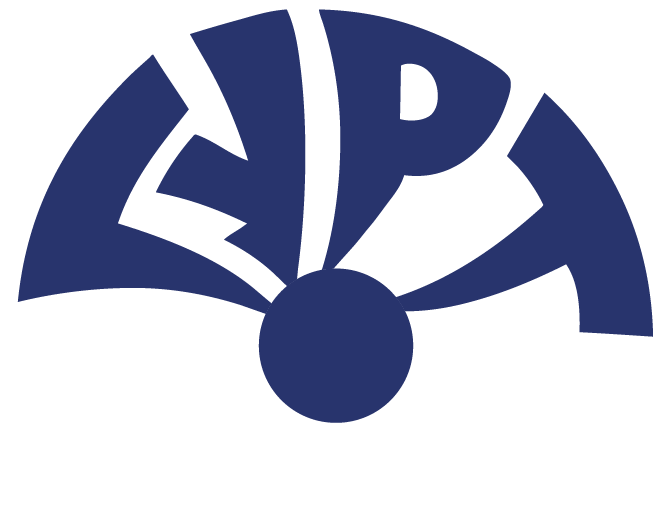

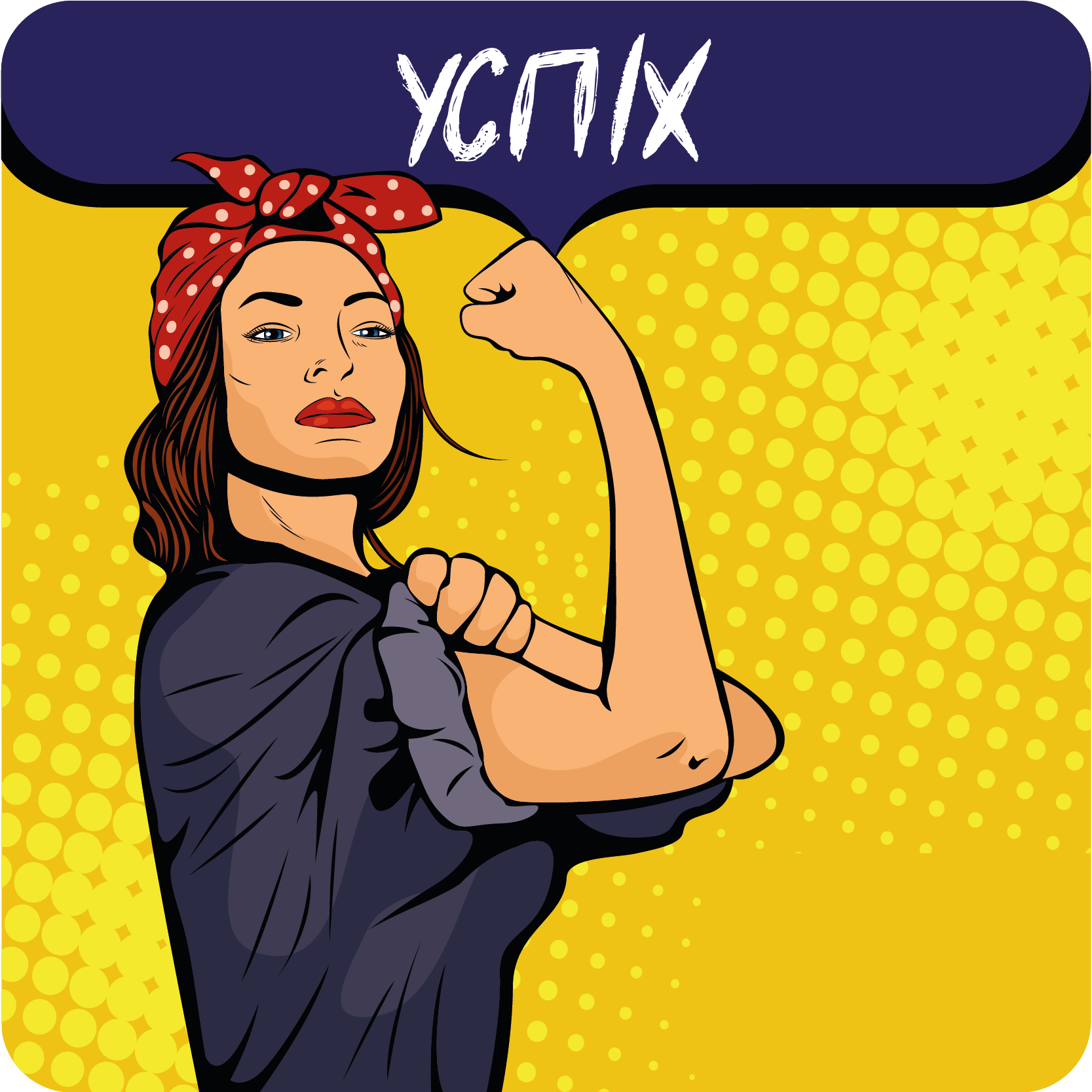
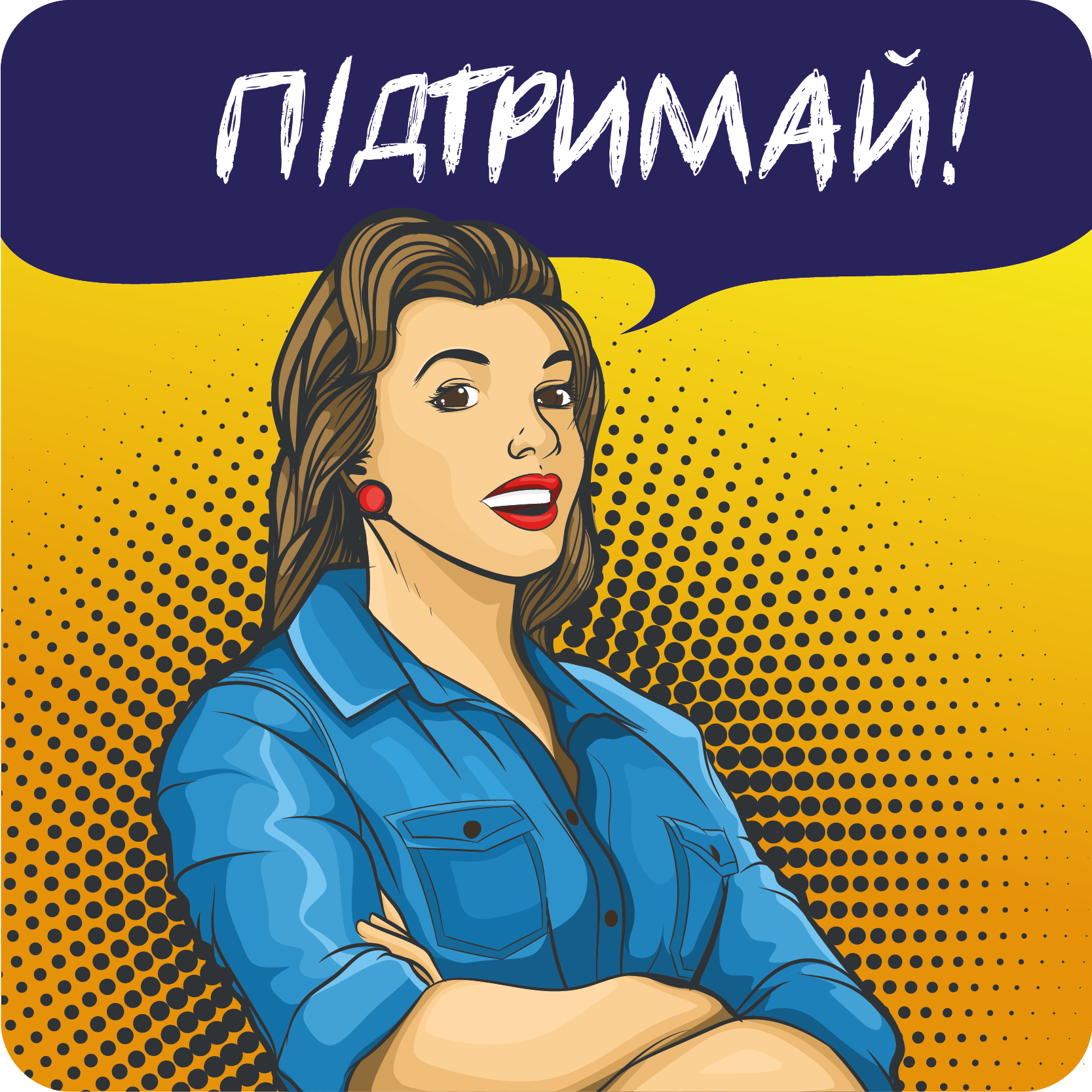


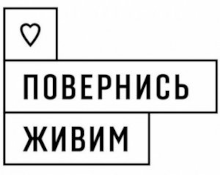
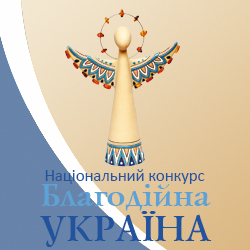
Коментарі